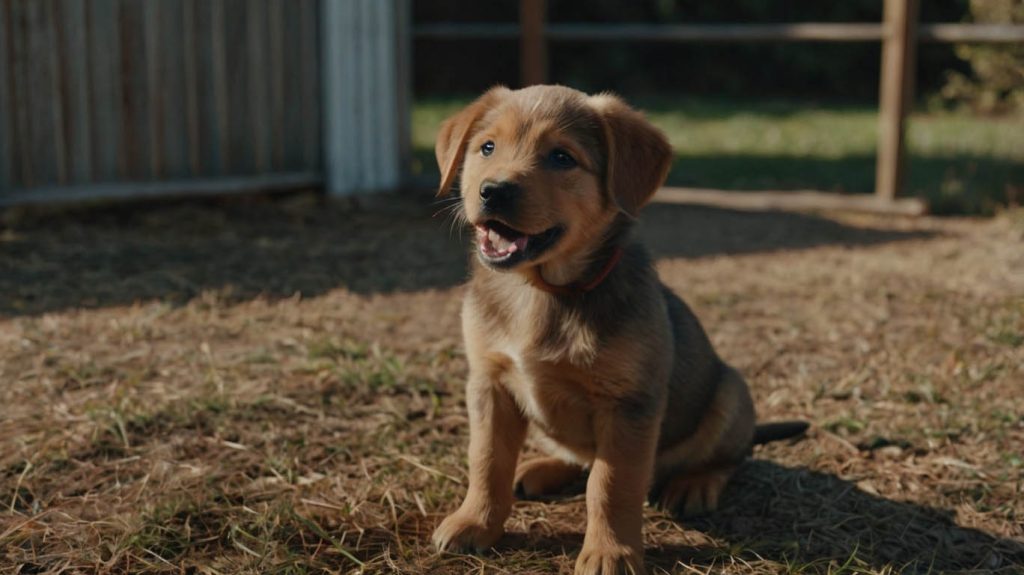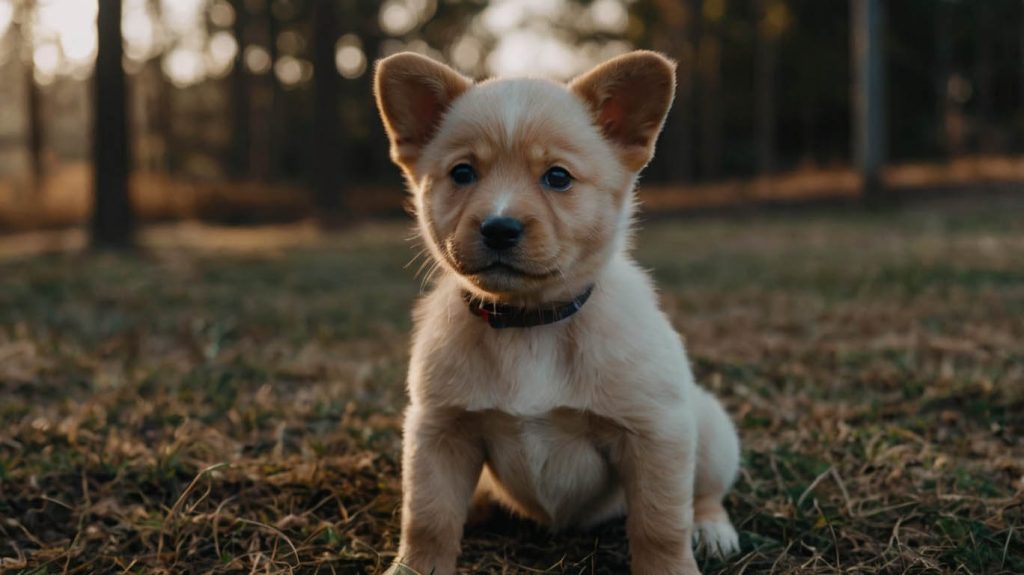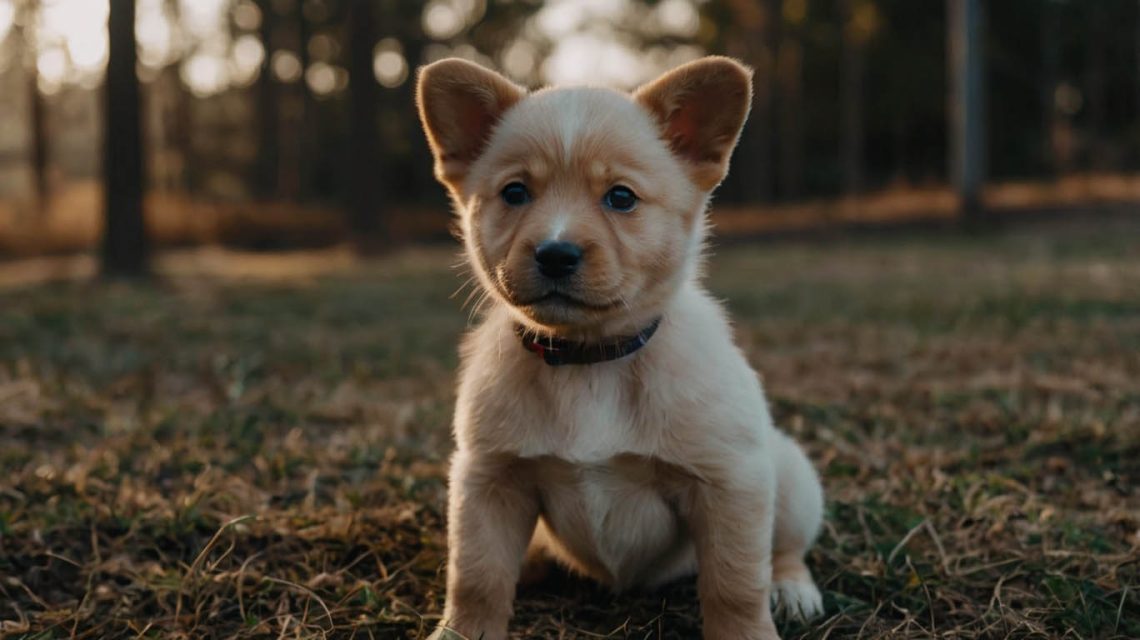The Ultimate Guide: How to Stop a Puppy from Barking When Left Alone
The story of bringing home a new puppy is one of overwhelming joy and adorable chaos. You’re prepared for the house training, the chewing, and the sleepless nights. However, one of the most heartbreaking and stressful challenges you might face is the sound of your puppy’s frantic cries the moment you step out the door. This experience immediately prompts the urgent question: How to stop a puppy from barking when left alone? This behavior, while common, is a clear sign that your puppy is struggling with the transition and needs your help to learn that being alone is safe.
This comprehensive guide will tell the complete story of how to teach your new companion to be calm and confident in your absence. We will begin by exploring the fundamental reasons why puppies bark when they are by themselves, which is the key to solving the problem. Subsequently, we will provide a detailed, step-by-step action plan that focuses on creating positive associations with being alone. Furthermore, we will cover the crucial role of crate training and what to do if the problem persists. Consequently, you will be empowered with a humane and effective strategy for how to stop a puppy from barking when left alone, building a foundation of security that will last a lifetime.
Why You Must Know How to Stop a Puppy from Barking When Left Alone
Before we dive into the solutions, it’s vital to understand the “why” from your puppy’s perspective. A puppy that cries, whines, or barks when left alone is not being “naughty” or “manipulative.” They are experiencing genuine distress. For the first time in their short life, they have been separated from their mother and littermates. You are now their entire world, their source of safety and comfort. When you leave, it can feel like abandonment.
Therefore, learning how to stop a puppy from barking when left alone is not about silencing a noise; it’s about teaching a crucial life skill. You are teaching your puppy that they are safe, that you will always return, and that being alone can actually be a calm and rewarding experience.

The First Step: Understanding Why Your Puppy is Barking
To find the right solution, you must first understand the root cause. For a young puppy, the barking is almost always a symptom of one (or a combination) of a few key things:
- Loneliness and Fear: They have never been alone before, and it’s a scary new experience.
- Boredom: Without you there to provide stimulation, they may bark to entertain themselves.
- Separation Anxiety: While true, clinical separation anxiety can develop, in a young puppy, it’s more accurately described as “separation distress.” It’s a panic response to being isolated.
Your Action Plan: How to Stop a Puppy from Barking When Left Alone
The solution is a multi-faceted approach that combines management, training, and enrichment to build your puppy’s confidence.
Optimizing Your Strategy with Crate Training
A crate is not a cage; it is your single most powerful tool in this process.
- The “Den” Instinct: Dogs are den animals. A crate, when introduced properly, becomes a safe, cozy sanctuary for your puppy.
- Making the Crate a Happy Place: The story of successful crate training is one of positive association. Never use the crate for punishment. Instead, make it a wonderful place to be. Feed your puppy their meals in the crate, give them special toys only in the crate, and leave the door open during the day so they can go in and out as they please.
- The Benefit for Barking: A puppy that loves their crate feels secure in their den, which significantly reduces the anxiety of being left alone. This is the cornerstone of how to stop a puppy from barking when left alone.
The Power of a Predictable Routine and Exercise
Puppies thrive on routine.
- Meet Their Needs First: Before you ever leave your puppy alone, make sure all their needs have been met. Take them out for a potty break, engage in a fun play session, and make sure they have fresh water. A puppy with pent-up energy is far more likely to be anxious and vocal.
- The “Tired Puppy is a Quiet Puppy” Rule: A short, active play or training session before you leave can help them settle down for a nap in your absence.
Teaching Your Puppy That Being Alone is Awesome
You need to actively change your puppy’s emotional response to your departure.
- The “Special” Alone-Time Toy: Find a super high-value, puppy-safe puzzle toy (like a small Kong stuffed with puppy-safe peanut butter and frozen). This toy should only come out when you are leaving. This creates a powerful new association: “When my human leaves, I get my most amazing treat!”
- Keep Departures and Arrivals Calm: Do not create a dramatic, emotional goodbye. This just fuels their anxiety. Instead, give them their special toy a few minutes before you leave, and then depart calmly. When you return, keep the greeting low-key until your puppy has calmed down. This is a key part of how to stop a puppy from barking when left alone.
The Gradual Desensitization Process
This is the active training part of the story.
- Practice Short Absences: Start with incredibly short periods of being alone. Put your puppy in their crate with their special toy, walk out of the room for 10 seconds, and then walk back in. Do not make a big deal of it.
- Slowly Increase the Duration: Gradually increase the time you are gone—30 seconds, 1 minute, 5 minutes. The goal is to always return before your puppy has a chance to get distressed and start barking. This slowly and systematically teaches them that you always come back and that being alone is no big deal.

What NOT to Do: Common Mistakes to Avoid
- Do Not Punish the Barking: Yelling at your puppy or punishing them will only increase their anxiety and fear, making the problem worse.
- Do Not Rush the Process: Every puppy is an individual. Be patient and work at your puppy’s pace.
If the barking is severe, persistent, and accompanied by other signs of extreme panic, it’s always a good idea to consult a certified professional dog trainer who uses positive reinforcement methods. The American Kennel Club (AKC) offers excellent resources on this topic.
You Are Building a Confident Companion
The story of your puppy’s first few months is a foundational one. By learning how to stop a puppy from barking when left alone using positive, compassionate methods, you are doing more than just solving a noise problem. You are teaching your puppy resilience, confidence, and the invaluable lesson that they are safe and secure in their new home, even when you are not in sight. This is one of the greatest gifts you can give them.
What is your biggest challenge with your new puppy? Share your questions and experiences in the comments below! For a complete guide to navigating these early days, be sure to check out our article on [Healthy Puppy Training Treats: A Vet Guide].


